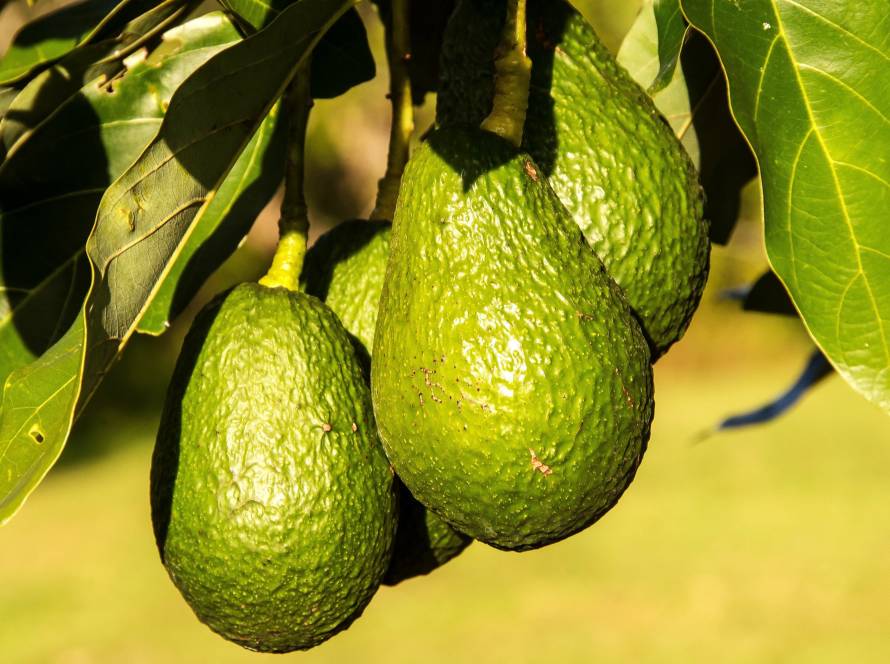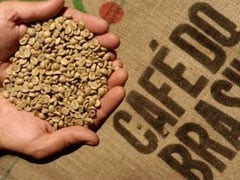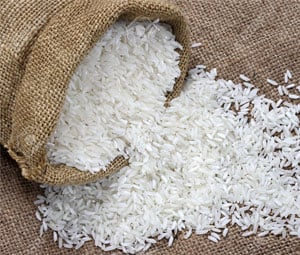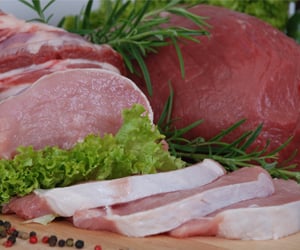![]()
SAO PAULO (Reuters) - Additional tariffs announced by U.S. President Donald Trump will not make it impossible for Brazil to export orange juice to its second-largest market, but the annual cost of the tax was estimated at US$1.5 billion a year at a time when prices of the commodity are falling sharply, according to a study by exporters association CitrusBR released on Monday.
The calculation considers the annual export of approximately 235.5 thousand tons to the North American market, which is second only to the Europeans in the ranking of importers of the Brazilian product. This value is in addition to the US taxes already levied, such as the tariff of US$415 per ton of orange juice (FCOJ equivalent to 66 Brix).
Adding current tariffs and the new measure, total taxes could reach about US$15T200 million annually, or approximately R$1.1 billion, CitrusBR estimated. That amount represents about R$81T4 of Brazil's total export revenue, which totaled US$15T2.5 billion in the full 2023/24 crop year.
“The importer is always the one who pays, which in this case is a related company and part of the same economic group (as the exporter), so there is no way around it. From then on, each company will deal with its own customers… Exports to the US should continue, but at a higher cost for our value chain…”, said CitrusBR CEO Ibiapaba Netto.
The United States accounts for approximately 37% of Brazilian exports of the product.
The additional tariffs come at a time when orange juice prices traded in New York are in freefall, after historic highs of more than US$$5 per pound seen at the end of last year.
Expectations of an improvement in the Brazilian harvest, the world's largest producer and exporter of orange juice, and even impacts on consumption contributed to the collapse of high prices, which had fallen by around 50% by the end of March, before the announcement of the tariffs. After the tariffs, juice futures fell a few more percentage points, to US$2.58/pound.
“It is a very uncomfortable situation because, in fact, it brings these two factors together. On the one hand, there was a depreciation in the prices of futures contracts and, on the other, this tariff that takes 10% of the sector's revenue,” said Netto.
The situation is only not worse because Brazil's competitors, such as Mexico, have had higher tariffs imposed by the Trump administration.
Mexico, the second largest supplier of juice to Americans, received an even higher tax of 25%.
“Brazilian companies continue, individually and based on their commercial strategies, to supply the United States market with high-quality orange juice,” added CitrusBR, in a note.
The association regretted the US government's measure, which did not consider “the history of complementarity between Brazilian production and the Florida industry, in addition to the long-term relationship with bottling companies operating in the United States”.
The search for other markets could be an alternative, but so-called “other destinations” are not created overnight, said Neto.
“But we are fighting. We recently opened a quota in South Korea with a tariff of 10% compared to 54% and we are negotiating with India, always through the Brazilian government,” he commented.
(By Roberto Samora)





